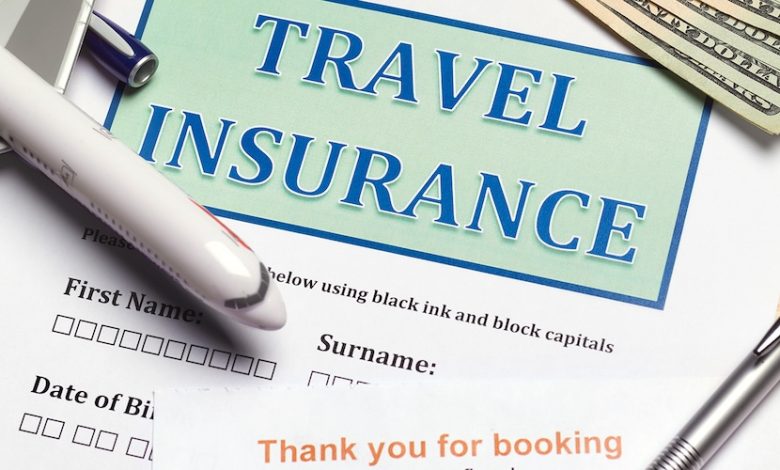Traveling this festive season? Secure peace of mind with travel insurance

We spend a lot of time planning for our vacations, whether domestic or international. We pick the perfect stay, preferred way to get there, the most thrilling activities and who we want to spend time with.
One thing that is often overlooked, however, is protecting ourselves through travel insurance against incidents that may occur when we are away. This can cast a cloud over a trip and ruin everything. Imagine you board a plane or train and lose your luggage, or a flight is cancelled or delayed. What if you get to your destination and start feeling unwell? Maybe your body starts reacting to the food or weather. What do you do if you do not have travel insurance? You may end up spending a lot of money for healthcare or spend more money re-booking flights and accommodation.
What is travel insurance and why is it important?
It is an insurance product that protects you against financial losses and other risks while travelling. While the scope of protection and benefits varies, anyone travelling should have it. There are packages for domestic travel (within the country of origin) and international travel (outside country of origin).
Domestic travel insurance covers risks such as the loss and accidental damage of luggage and even robbery. It also covers against last minute cancelations for travel and accommodation, and against personal injuries, illness or personal liabilities (where you are held legally responsible for injuries, damages, or losses caused to another person or their property).
International travel insurance is similar but with additional benefits such as repatriation back to home country in cases of emergency.
Before getting a policy (the contract that specifies the terms and conditions, coverage received, premiums to be paid, and the claims process), there are few considerations to make.
First, evaluate the scope of coverage, ensuring that the policy includes essential protections such as medical emergencies, trip cancellations, baggage loss, and travel delays. For international travel, ensure that the policy provides adequate coverage for medical expenses abroad, including evacuation and repatriation back home, as healthcare costs can be significantly higher outside your home country.
You should also review destination-specific risks. For instance, if travelling to areas with natural disasters, political instability, or higher accident risks, opt for policies offering comprehensive coverage for such situations.
It is also vital to assess the duration of coverage to ensure it aligns with the length of your trip. For frequent travellers, annual multi-trip policies may offer better value than single-trip coverage. In Kenya, companies like CIC Insurance offer a travel Insurance package that offers protection for the contracted period and for traveling periods of a maximum of 92 consecutive days, including one-year multi-trips for travellers and up to one year for students.
Additionally consider the policy exclusions (what is not covered) and limitations, including situations not covered by the insurer. Read the fine print to avoid surprises during claims. For international travel, confirm that the policy meets visa or destination-specific insurance requirements, such as mandatory coverage for Schengen countries.
Lastly, evaluate the insurer’s claims process, customer support availability, and reputation for handling claims effectively.
By addressing these considerations, travellers can select a travel insurance policy that offers peace of mind and adequate protection while on vacation.